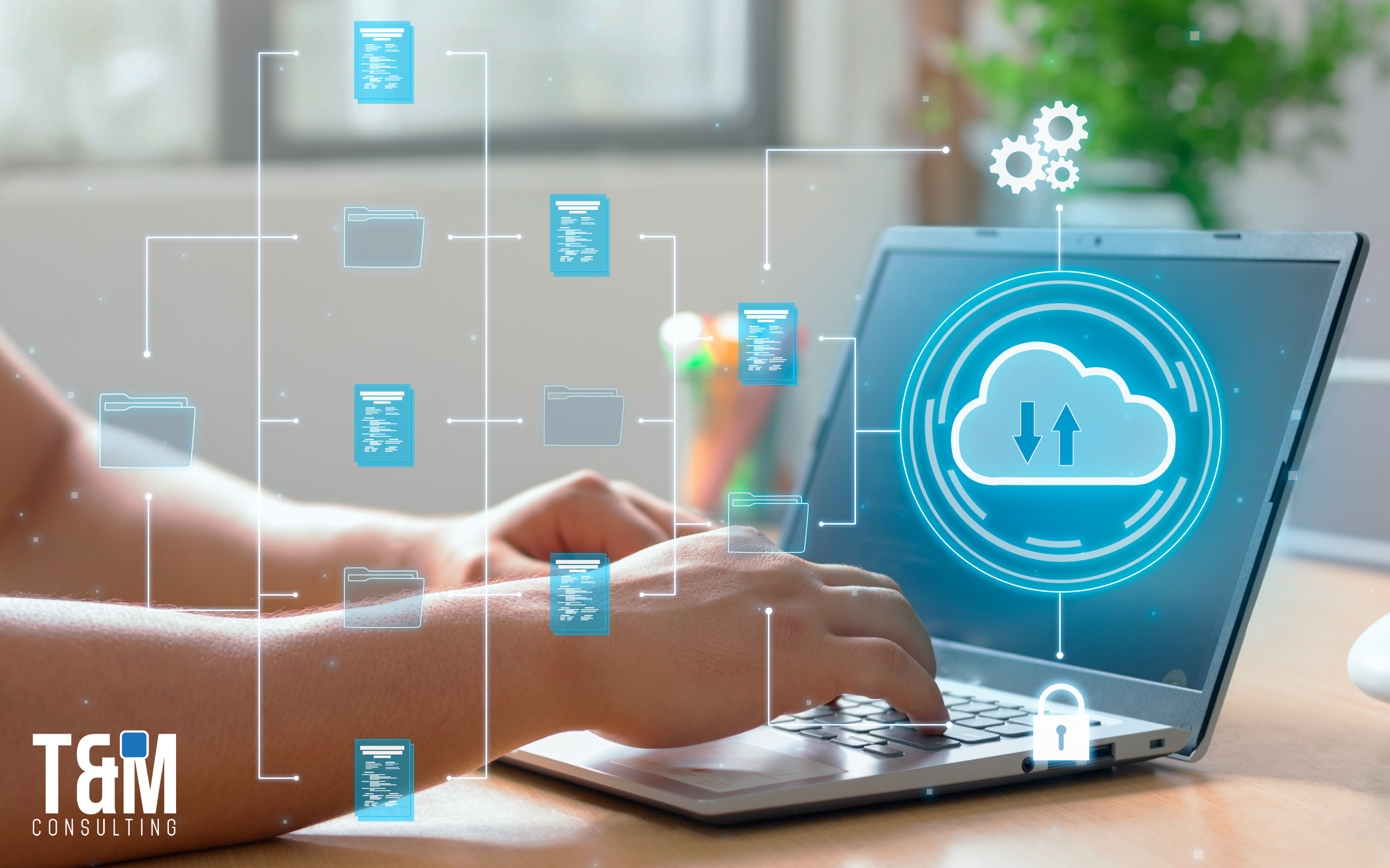Security
Best Practices for Personal Online Safety

Today, our daily lives revolve around the Internet to a large extent: work, education, conversation with friends and family, shopping, entertainment. According to a 2021 survey showed that an average U.S. household had 25 devices connected to the Internet, compared to 11 devices owned by each household in 2019, which means that the more devices connected, the greater the possibility that cybercriminals can cause problems.
It is essential to know the internet security rules that would protect your family members and yourself, against threats that could cause damage to your data and devices.
Digital environments as we know them are constantly evolving, along with this, cybercriminals devise new ways to attack users. It is important to pay attention as the biggest dangers are diverse, not only identity theft and data leakage, but we also find malicious software such as viruses; phishing emails and scams; fake websites; online scams; inappropriate content; cyberbullying; faulty privacy settings, among others.
To avoid all these dangers, we recommend basic Internet safety tips when you or your family are online:
- Use a secure Internet connection:
It is not recommended to use public wifi networks, even when away from home. If a connection is necessary, it is recommended not to carry out personal transactions involving sensitive data, such as banking or online shopping.
If you need to do any of these operations, use a virtual private network or VPN, which protects the data you send over an unsecured network through real-time encryption.
- Choose secure passwords:
One of the biggest weaknesses in cybersecurity is that people usually choose passwords that are easy to remember and, therefore, easy for cybercriminals to guess. Another weakness is that the same password is often chosen for several sites, which puts data at greater risk.
Tips for a secure password:
- It must be long, with at least 12 characters or more.
- It should include a combination of uppercase and lowercase characters, symbols and numbers.
- Preferably, it should not contain consecutive numbers, nor personal data such as birthdays or pets' names.
- Enable multifactor authentication whenever possible:
Multifactor authentication, MFA for short, is an authentication method that prompts users to provide two or more verification methods to access an online account.
- Keep applications and operating system up to date:
An updated application is an application where developers made security improvements to it, those patches prevent cybercriminals from being able to obtain personal information. It is very important in banking applications, health and those that store personal data.
- Pay attention to suspicious links and downloads:
It is essential to browse consciously and avoid certain types of online content, such as links from untrusted sources and spam emails, online questionnaires, "free" offers or unsolicited advertisements.
On the other hand, avoid downloading software from any portal. Malicious software, which can be downloaded from unofficial sites, causes damage, such as interrupting the operation of your device, stealing your personal data, or allowing unauthorized access to your computer. Regularly check download folders for unknown files, delete them and do not open or activate them.
- Use a good antivirus and keep it up to date:
Use a good quality antivirus provider, it protects your devices and data and blocks common threats, such as viruses and malware, as well as more complex ones, such as spying applications, cryptolockers and XSS attacks. As with all operating systems and applications, it is essential to keep your antivirus up to date to stay ahead of the latest cyber threats. They are the first to detect new cyber maneuvers and are constantly updating their products.
These tips can help you avoid possible virtual threats, even though cybercriminals are always looking for new ways to access privileged information, we must pay attention to the sites we browse.
If you are interested in these technology topics, visit our blog here
26 de Marzo, 2024





